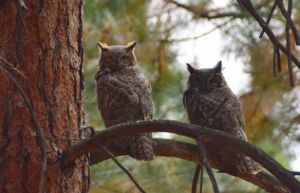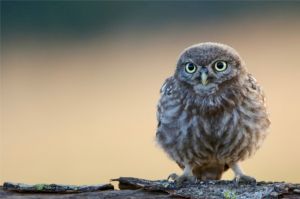Similarities between Owl and Tecolote
From diff.wiki
Revision as of 14:10, 12 August 2020 by BelemMar (talk | contribs) (Created page with "thumb|left thumb|right Owls, barn-owls or lechuzas and tecolotes are all nocturnal, prey b...")
Owls, barn-owls or lechuzas and tecolotes are all nocturnal, prey birds. They all belong to the order of the Strigiformes. The main difference between owls and lechuzas is that they belong to different families. As for owls and tecolotes the main difference between them are their names. As a matter of fact, all tecolotes are owls, however not every owl can be called tecolote. Only some owls originals from Mexico and Central America receive this name. The word tecolote comes from the nahuatl language and in Mexico is usually used indiscriminately to talk about any kind of owl or even lechuzas.
| Owl | Tecolote | |
|---|---|---|
| Scientific classification | Strigiformes order, Strigidae family. | Same order and family as owls. |
| Characteristics | Their most characteristic feature are their ear-simulating feathers on top of their heads. As for their eyes, they are big and most of the times yellow. They really can’t move their eyes, so the 12 vertebrae of their neck allow them to spin their heads up to 270°. Owls can be found in a wide range of colors. | The word tecolote comes from the nahuatl word “tekolotl” that means owl. It is a popular name given to owls in some parts of Mexico, El Salvador, Guatemala and Honduras. Physically, tecolotes look the same as an owl. As for their behavior, it also shares most of its traits with owls. |
| Role in Culture | For many cultures, owls represent wisdom and are associated with characteristics such as intelligence and justice. They are also representative of a lot of law related matters. However in some cultures owls are often related to bad luck and death omens. | Tecolotes play a very important role within Mesoamerican cultures. Due to their nocturnal habits they are often related to the underworld. They are also believed to be bearers of bad news or even messengers from the afterlife. |
| Species | Most of the species from this genera are owls:
|
Only some owls that are original from North America (more specifically Mexico and the south of the United States) receive the name tecolote. Some of these include:
|
| Other data | Most owls mate for life. Some of them live alone all year long and they only get together for mating season, but they always go back to their usual partner. A female owl can lay anything between 2 to 12 eggs. Incubation lasts about 30 days. Male and female take turns to search for food and take care of their nest. As for their habitats owls are very versatile animals. As a matter of fact, there are owls in every continent except for the Antarctica. Owls like wooded areas because food is easily found. They build their nests in tall trees or (human) structures, although some species can build burrows in the ground. Some owl species are endangered due to the destruction of its habitats and uncontrolled hunting, however endangered species represent only about 17% of them all. | As for tecolotes, they are a very strong figure in pre- Hispanic and actual Mexican culture. There is a wide variety of songs, poems and proverbs involving tecolotes. There is this proverb, for example; “cuando el tecolote canta el indio muere”, that is literally translated as “when the tecolote sings (hoots) the man dies”. It talks about how if a tecolote is near enough for someone to listen to it an omen of an upcoming imminent death will follow that person. In some parts of Mexico, nahuales are an important part of the popular culture. A nahual is a wizard or a witch who can shapeshift and transform into an animal. It is believed that some nahuales transform into tecolotes in order to have a closer look of its victim. |

